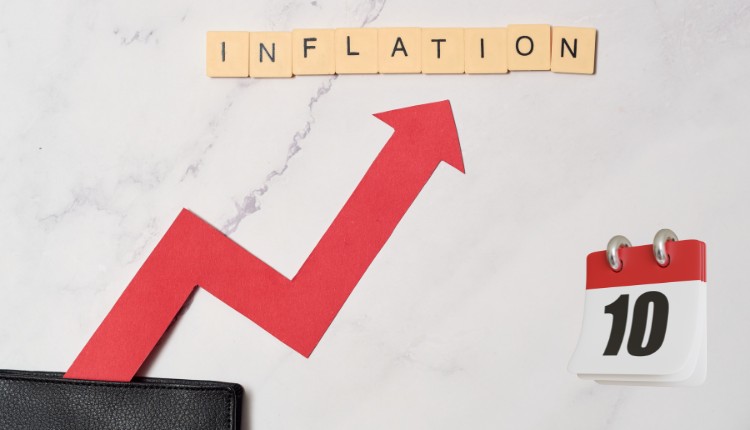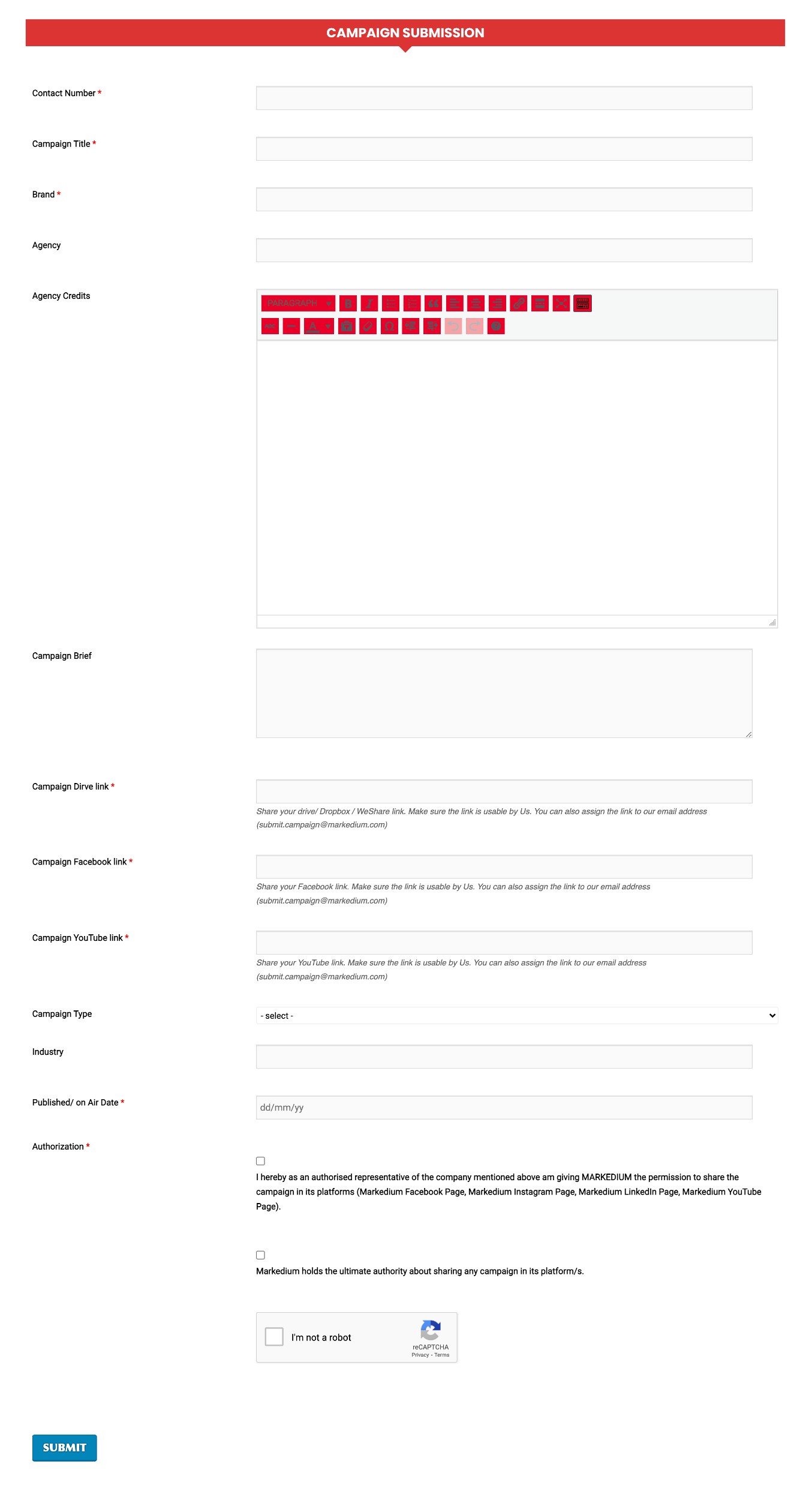
Wage Growth and Inflation Gap hits 10-year high2 min read
Wage growth in Bangladesh has experienced a slight dip after 30 consecutive months of increases, according to new data from the Bangladesh Bureau of Statistics (BBS). This decline marks a significant shift as inflation continues to outpace wage growth, creating financial strain for many workers. The Wage Rate Index (WRI) reveals that wage growth for low-paid and unskilled workers fell to 7.93% in July. In contrast, the inflation rate surged to 11.66%, widening the gap between wages and prices to 3.73 percentage points—the largest difference in over a decade. This disparity has left many low-income workers struggling with decreased purchasing power and reduced real incomes.
Annual inflation in Bangladesh hit a 12-year high of 9.73% in fiscal year 2024, surpassing the growth in wages, which had been steadily increasing since July 2021. The rising cost of living, particularly food inflation, has exacerbated financial difficulties. In July, food inflation crossed 14% for the first time in 13 years, continuing a trend of high prices that has persisted throughout the fiscal year.
Mustafa K Mujeri, executive director of the Institute for Inclusive Finance and Development, highlighted the impact of the widening inflation-wage gap on low-income groups. He warned that sustained high inflation and sluggish wage growth could lead to increased poverty and reduced access to essential nutrition. Informal sector workers, especially those in urban areas, are particularly affected by these economic pressures.
The WRI data shows varied impacts across sectors and regions. Wage growth in the agriculture sector decreased to 8.21% from 8.33% the previous month. The industrial sector saw a slight increase to 7.52%, while the service sector experienced a decline from 8.50% to 8.27%. Regionally, wage growth rose in divisions such as Rajshahi and Khulna but fell in Dhaka and Chattogram. Economists are urging the interim government to address these economic challenges through effective policy measures. Monzur Hossain from the Bangladesh Institute of Development Studies emphasized the need for restoring business confidence and revising monetary policies to curb inflation. He suggested maintaining the current policy rate to avoid further negative impacts on businesses.
Professor Mustafizur Rahman of the Centre for Policy Dialogue (CPD) echoed these concerns, advocating for improved governance and market stabilization. He also underscored the importance of accurate data to inform policy decisions and address the financial difficulties faced by Bangladeshi workers.
For more updates, follow Markedium.


